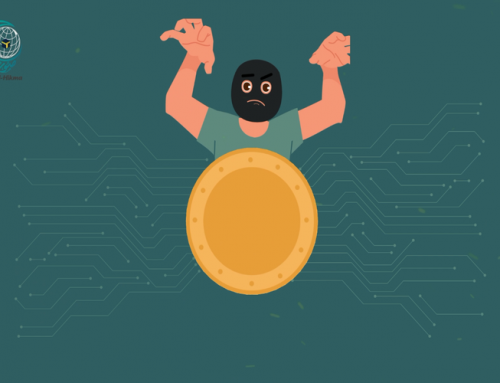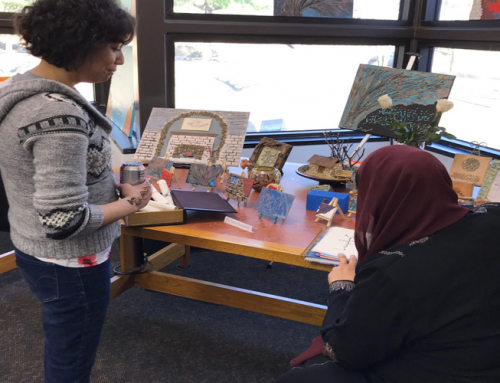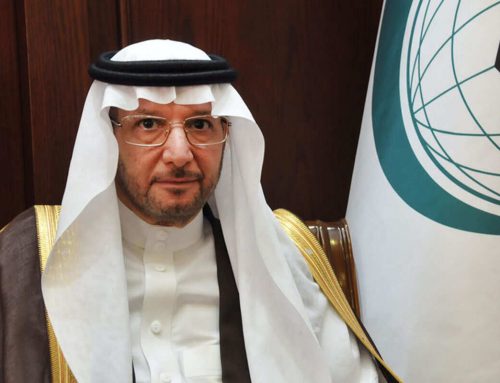The life of the Prophet (PBUH) is replete with examples of tolerance and mercy. Al-Bukhari reports that Bashir ibn Yasar that Sahl bin Abi Hathma (a man from the Ansar) narrated, “That a number of people from his tribe went to Khyber and dispersed, and then they found one of them murdered. They said to the people with whom the corpse had been found, “You have killed our companion!” Those people said, “Neither have we killed him, nor do we know his killer.” The bereaved group went to the Prophet and said, “O Allah’s Apostle! We went to Khaibar and found one of us murdered.” The Prophet said, “Let the older among you come forward and speak.” Then the Prophet said, to them, “Bring your proof against the killer.” They said, “We have no proof.” The Prophet said, “Then they (the defendants) will take an oath.” They said, “We do not accept the oaths of the Jews.” Allah’s Apostle did not like that the Blood-money of the killed one be lost without compensation, so he paid one-hundred camels out of the camels of Zakat (to the relatives of the deceased) as Diya (Blood-money). Qadi Iyyad said: This hadith is a foundation of the Shariah, a legal maxim, and a pillar of social benefit. All the imams and the predecessor of the companions and followers and the Ummah’s scientists and scholars of the regions of Alhijaz, Sham, and Kufah observed this principle even if they differed slightly in its implementation.






